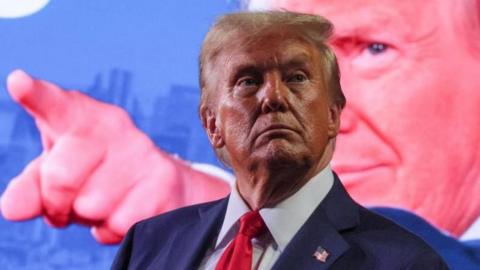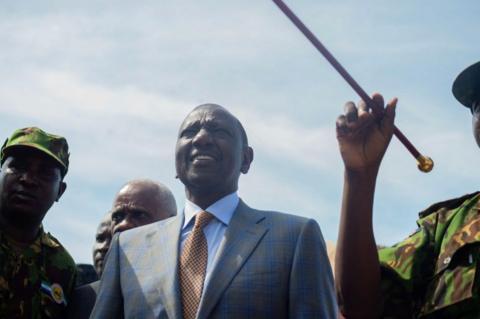It is difficult to try to predict the decisions that US President-elect Donald Trump will make when he returns to the White House.
But one thing seems unlikely to change: his dislike of patient, principled diplomacy as a means to peace and his preference for transactional politics and populist gestures.
This brings openings and perils in some areas in Africa.
Eight years ago, the Obama administration was working with the African Union (AU) to change United Nations (UN) rules for funding peacekeepers to put African missions on a firm financial basis.
The AU Commission worked with the UN and other multilateral organisations to construct an "African peace and security architecture" that ranged from proactive diplomacy to avert looming conflicts through to coordinated mediation efforts and peacekeeping operations, all underpinned by norms and principles enshrined in the UN Charter and the AU Constitutive Act.
How long ago that seems.
Plans for more robust peacekeeping evaporated in the transition to the first Trump administration.
Since then, no new UN or AU peacekeeping missions have been authorised. Several - including in Darfur, Sudan and Mali - have been closed, and others scaled down.
The Biden administration did not reverse the trend.
The idea of "liberal peace" - that peace, democracy, justice and open markets all go together - had long been a powerful strand in US global strategy.
The AU embraced its multilateralism but recoiled from being lectured on human rights and democracy and were divided on Western military interventions such as in Libya.
Some African leaders preferred Trump’s candour and focus on results.
The "Trump Doctrine" for the Middle East and Africa swept aside multilateralism in favour of transactional deals with American allies in Egypt, Morocco, Saudi Arabia, the United Arab Emirates (UAE) and, above all, Israel.
Prime Minister Benjamin Netanyahu and UAE President Mohamed bin Zayed set the strategy of the Abraham Accords, and Trump basked in the glory when Arab countries signed up.
Trump’s other consistent positions were hostility towards China’s influence on the continent and aversion to deploying American soldiers.



